The 15 most divisive games of all time
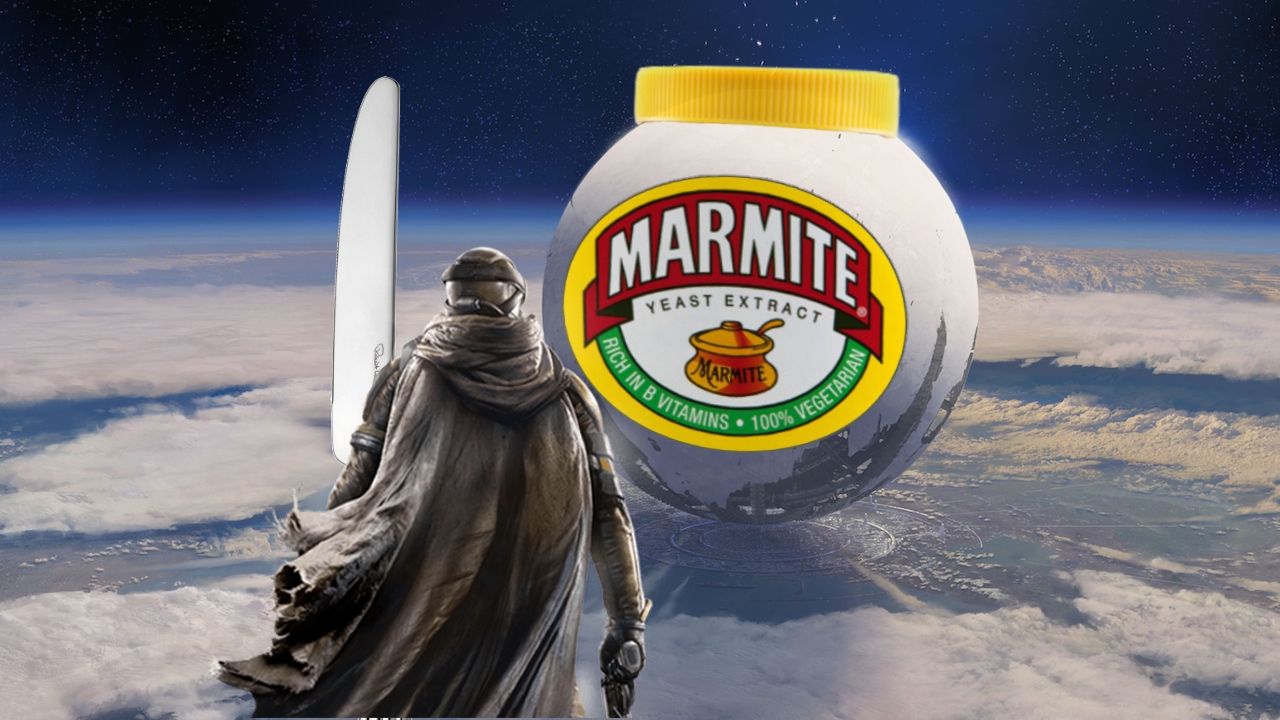
Divided we fall
'Different strokes for different folks'. 'To each their own'. 'You're just mental and my opinion is definitely better'. One of these three statements doesn't quite belong, and here's a hint: it's the exact same one that gamers most love to utter. We really are a surly, self-important bunch, at least we can be, provided players believe strongly enough in their own video gaming verdicts. One player's 'massive pile of slag' is to another 'the sweetest culmination of a thousand euphoric truths'. Defy a Zelda devotee at your peril. Defend a critically-panned cult hit at your own personal risk. It certainly doesn't take much for the long knives to come out when a fan's deepest convictions are questioned.
So then, what kind of games are we talking about? Which titles produce the most volatile of forum fracas, the most bile spewing of debates? Just what are the most polarising, the most massively divisive games of all time? Click that there page turner and find out.
Deadly Premonition
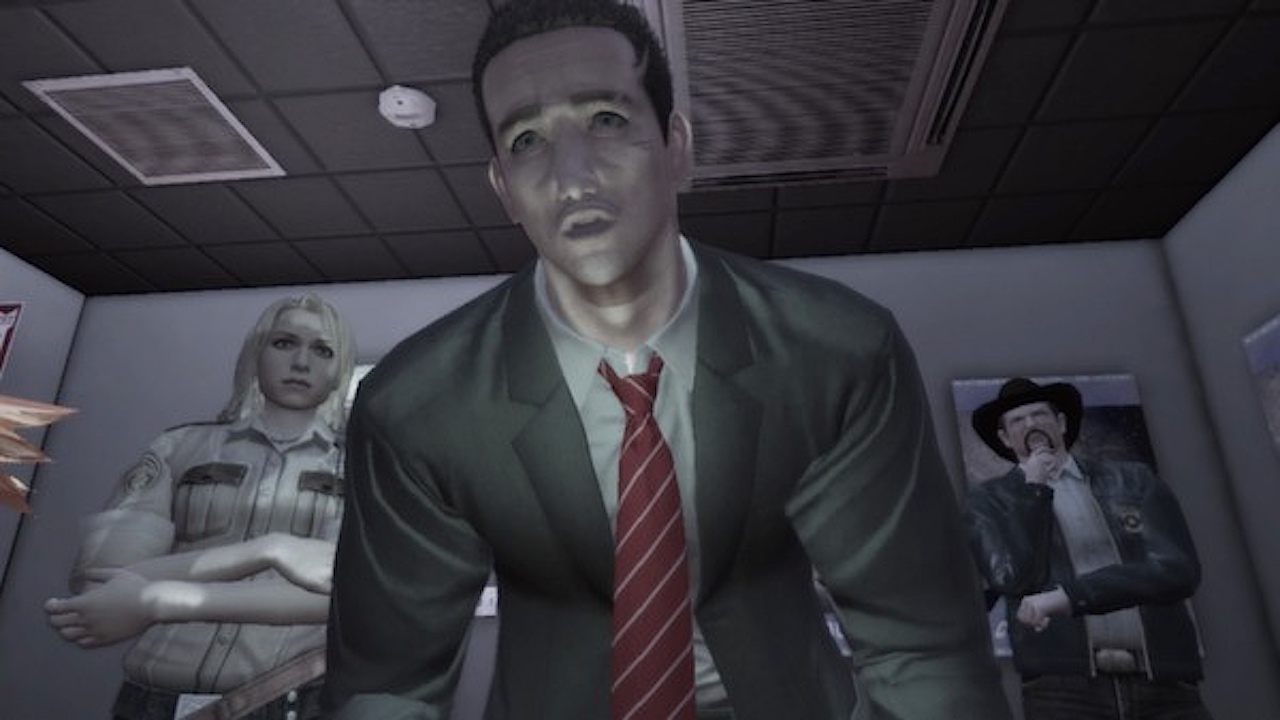
Supporters see - An interactive Twin Peaks, complete with compelling, if altogether nonsensical, cast and an ambitious open-world design. Atmospheric, richly layered and boasting a self-effacing, humorous charm, Access Games' epic remains the veritable grand wizard of cult hits. In choosing to criticise its lacklustre mechanics, detractors only emphasize their own skewed perspectives - this is an experience so much more than the sum of its parts.
Detractors see - An insufferably tacky and horrendously realised title that lacks even the basic semblance of playability. Controls are atrocious, the visuals are worse, and the game's much-touted storyline reads like a teenager's pained attempts at eccentric edginess. Fans of the narrative forgive far too much, lauding its story while forgetting about every other element that makes up a game - a bit like persevering with a broken laptop because you find the particular tint of the blue screen of death to be soothing.
Let's settle it - Twin Peaks marathon. First one to question the nature of reality loses.
Legend of Zelda: The Wind Waker
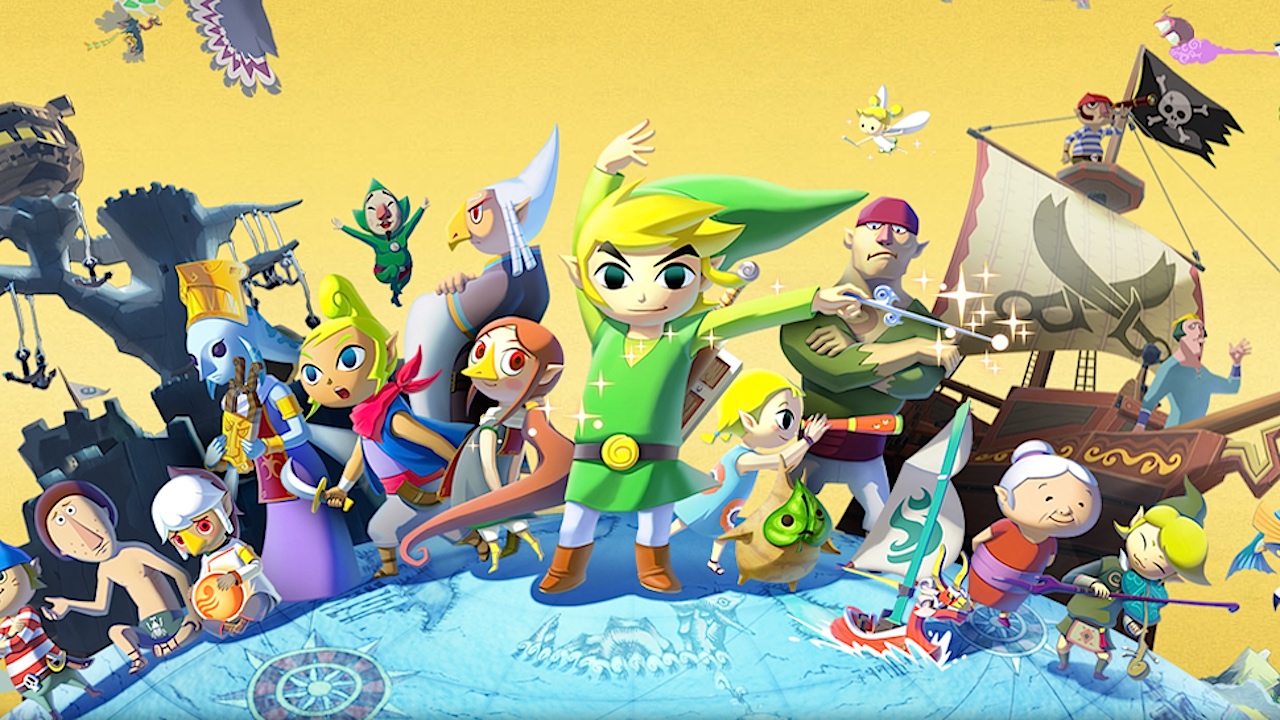
Supporters see - Endlessly creative, visually engrossing and buoyed by the same brand of gentle, enjoyable gameplay as its famous forebears, Wind Waker succeeds on almost every level imaginable. Its story is more absorbing, its content more diverse and its challenges more numerous and more finely honed than ever before. TWW represents the absolute perfection of an already magnificent formula. How sad that some players cannot overcome their graphical bias.
Detractors see - A needless reinvention of a time-honoured visual tradition. Just imagine the uproar had TES: Skyrim switched to cutesy characters, or Metal Gear Solid gone kawaii crazy. Not only that, but the game employs numerous unadorned fetch quests, simplistic 'shopping list adventures' that themselves make use of the game's ultra bland sailing mechanics. Majora's Mask hinted at bold new moves, Wind Waker just repaints old Ocarina and calls it a day.
Sign up to the GamesRadar+ Newsletter
Weekly digests, tales from the communities you love, and more
Let's settle it - Wooden sailboat endurance race. First one not to drown is crowned champion.
Gone Home
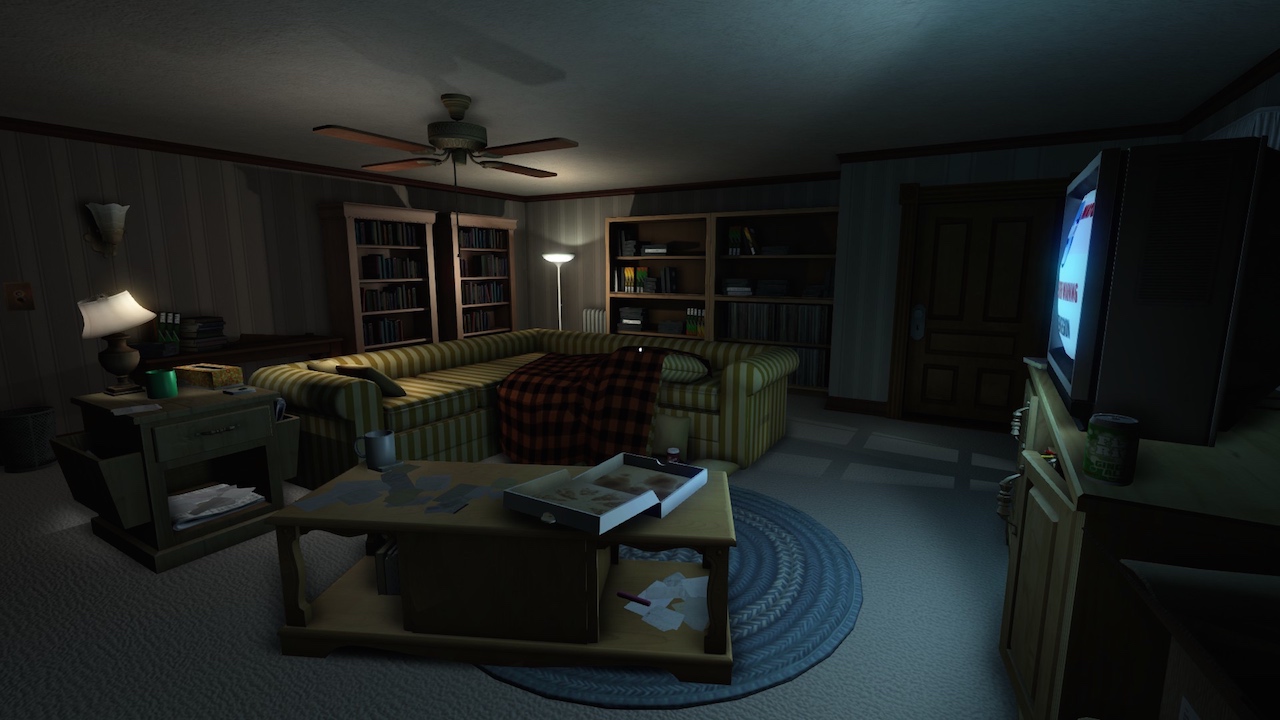
Supporters see - A novel concept tied to a challenging narrative. Gone Home represents the future of video game storytelling, weaving a multi-faceted and emotionally charged tale of everyday familial intrigue. Though seemingly simplistic at the outset, Gone Home's sparse environment actually belies a far deeper tale, one that is both horror and not-horror, mysterious and at the same time oddly humdrum. It's a tale that relies almost entirely upon the player's own fragmented perspective for effect, prompting our imaginations to do much of the heavy lifting. We're the ones who make it horror, or thriller or murder mystery. In that, Gone Home represents a brand new breed of interactive storytelling.
Detractors see - An utterly pretentious 'statement piece' lacking in any rewarding gameplay mechanics or even basic value ($20 at release). As an adventure game it lacks challenging tasks and/or puzzle elements. As a prospective horror title it foregoes any actual menace. As a thriller, it lacks thrills and as a detective title it leaves players with an utterly underwhelming conclusion. As socially and even narratively progressive as it may be, Gone Home comes off as more of a damp squib than a revelatory adventure.
Let's settle it - Toss a coin. Then inspect said coin repeatedly hoping for some sort of clue. Go bonkers.
Dark Souls
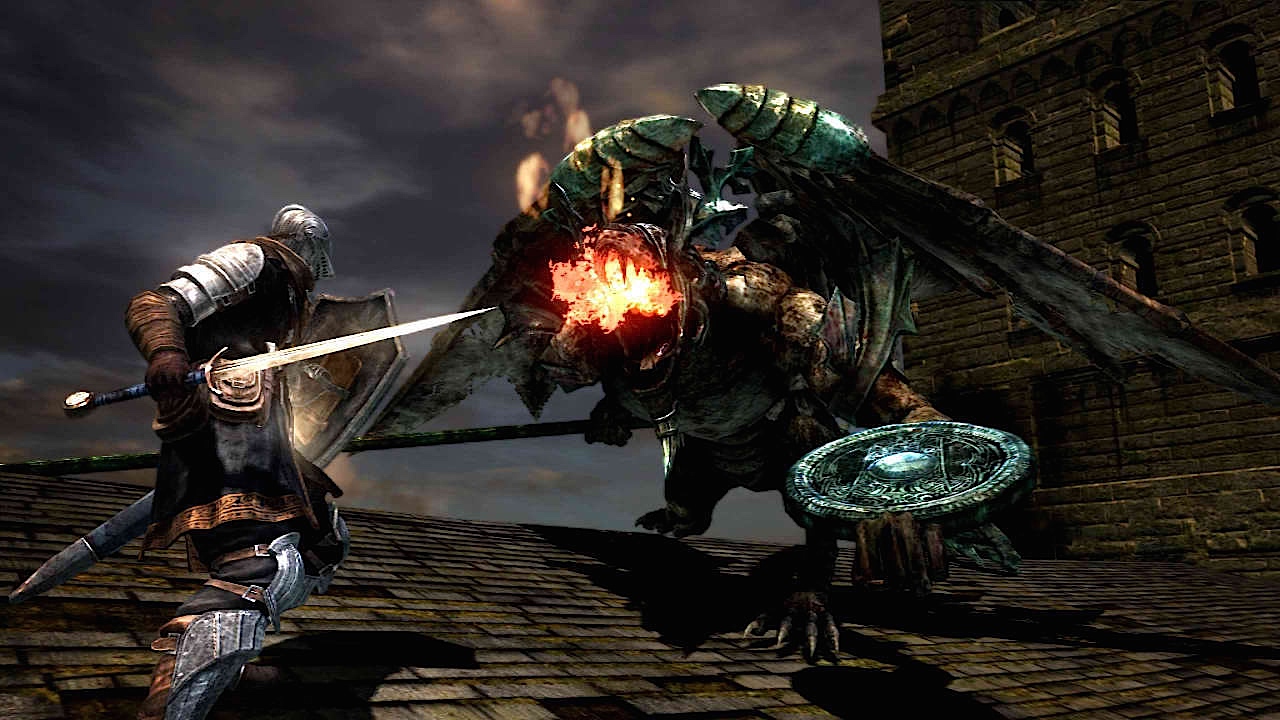
Supporters see - A satisfyingly brutal, intensely challenging and richly detailed 'old school RPG' for the modern age,one that foregoes the hand-holding and exposition-heavy treatment of its contemporaries for a far more difficult, albeit infinitely more rewarding payoff. Dark Souls is a game that crushes you down completely, to rebuild you in its own terrifying image, and proving only as cruel as it needs to be in order to achieve that end. Souls institutes a veritable trial by fire, the completion of which yields vast new worlds of immersion, excitement and elation. This is real adventure, one in which triumphs are only ever as rewarding as its tasks are testing.
Detractors see - Needlessly punitive, consistently frustrating and altogether unfair, Dark Souls brings the coin-guzzling difficulty of old school arcade machines direct to your living room. Particularly galling are the game's many boss monsters - overpowered behemoths that utterly annihilate the player several times over before their attack patterns can be memorized. Even then, encounters often feel cheap. So, if your idea of fun is banging your head into a brick wall over and over again until finally it cracks (or you do) then this is the game for you.
Let's settle it - It's the best game ever made.
Dragon Age 2
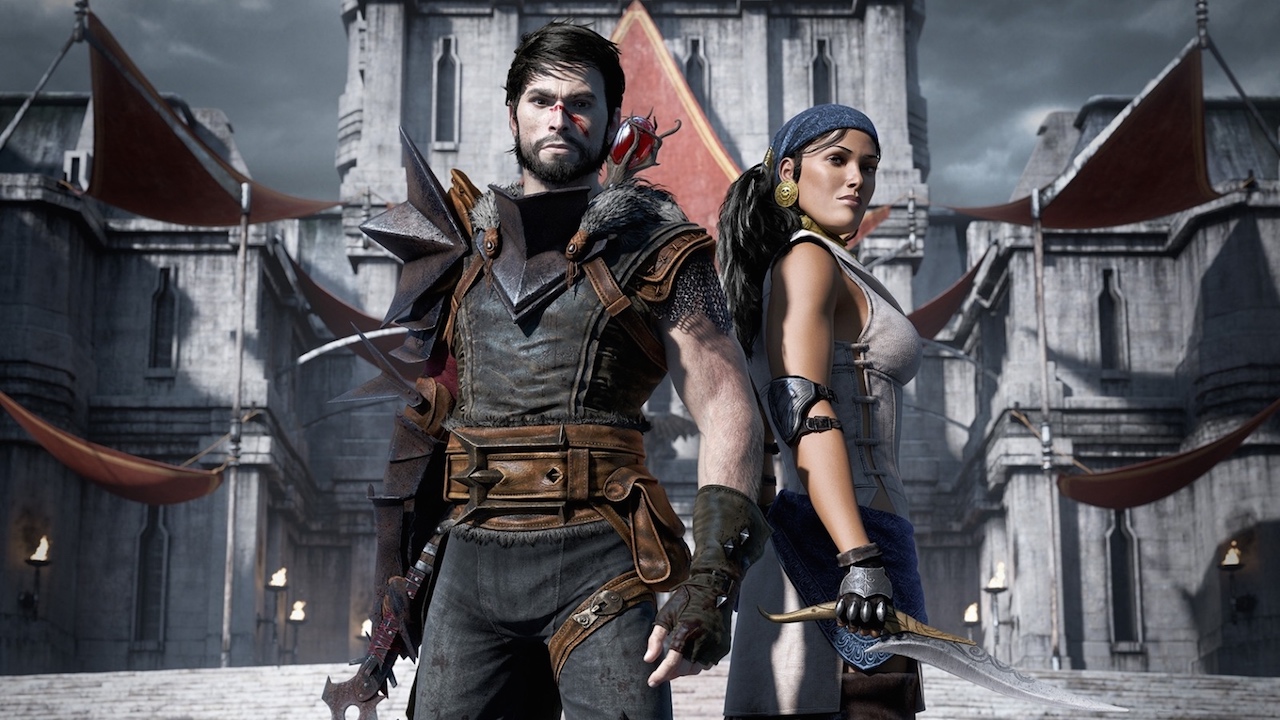
Supporters see - A more visceral and immediate take on the Dragon Age formula, Dragon Age 2 ditches its predecessor's expansive settings and associated bloat for a more driven and linear adventure. That's not to say it's a short game however, as Hawke's tale still offers up a generous 40 to 60 hour run time. Combat is smoother, its mechanics more streamlined, and the game's storytelling far less grandiose or liable to meander. Naysayers may balk at the loss of needlessly obtuse menus and character creation suites, but that's no reason to slam this bloody good title.
Detractors see - A corporate-ordered sequel bereft of any new ideas, desperately pandering to the mainstream action fan. What had seemed like an amazing franchise in the making was shortly thereafter been sullied, transformed into something far more flashy, yet much less substantial. Gone are the tactical flourishes and strategic micro management of old, not to mention a narrative of any actual significance, replaced instead by a brainless brand of combat and a largely inconsequential plot.
Let's settle it - Poor quality LARP-level sword fight.
Grand Theft Auto 4
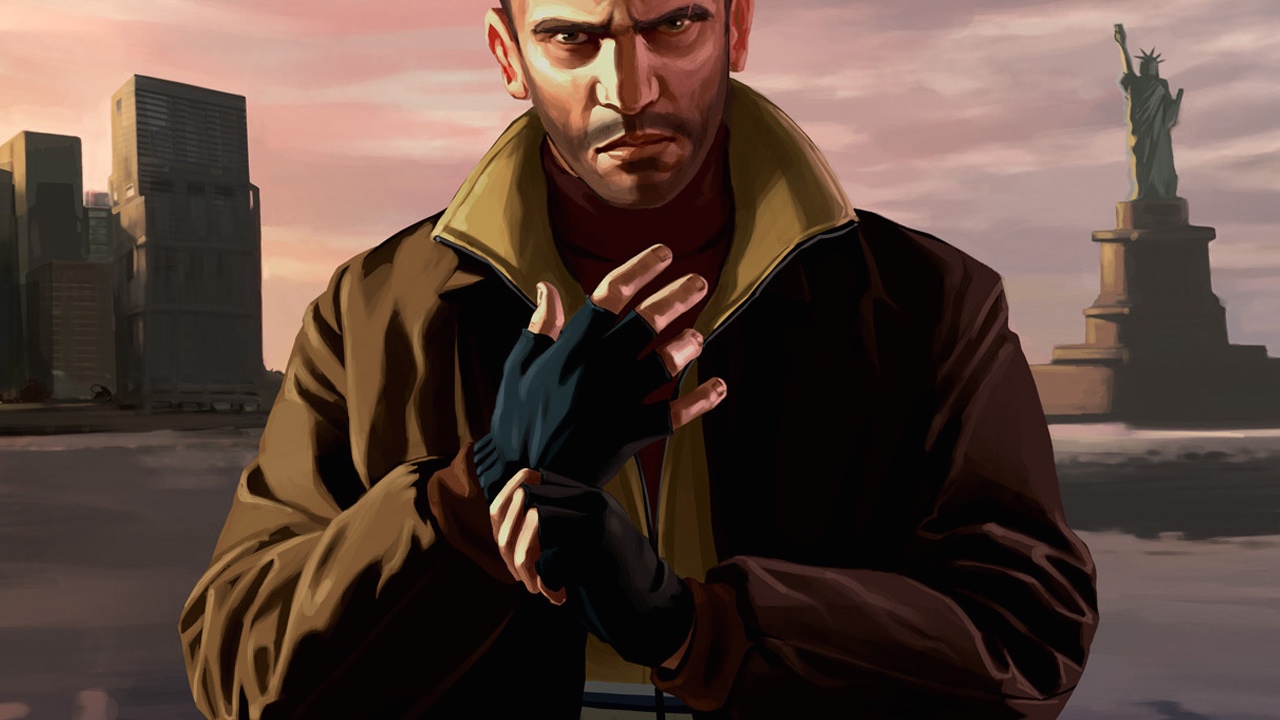
Supporters see - The Sopranos of the video game landscape. GTA 4 added a whole new level of depth, maturity and gravitas to the tried and true sandbox formula, marrying meaningful character design to realistic and vivacious environments. Liberty City is more than just a setting, it's a character, one that horrifies and entices in equal measure. Its inhabitants are every bit as complex and emotive as their city, displaying their own particular quirks, desires and demands. Added to that is a much improved combat system and a chaotic multiplayer suite. Cynics may bemoan the loss of the series' juvenile humour, but it's a worthwhile trade-off nonetheless. Every franchise has to grow up sometime.
Detractors see - A pompous, self-important and downright gloomy addition to a franchise formerly known for its sense of outlandish, satirical fun. GTA IV mistakes sullen grit for cinematic greatness, opting for chore-like realism to the detriment of the player's engagement. Cars handle like bricks, shooting is sub-par, and inter-character relationships feel forced and occasionally aggravating. Realism for the sake of realism - even the boring bits.
Let's settle it - Invitation contest. Both sides send incessant, highly annoying invitations to one another. First one to crack loses.
Call of Duty (Anything following the first Modern Warfare)
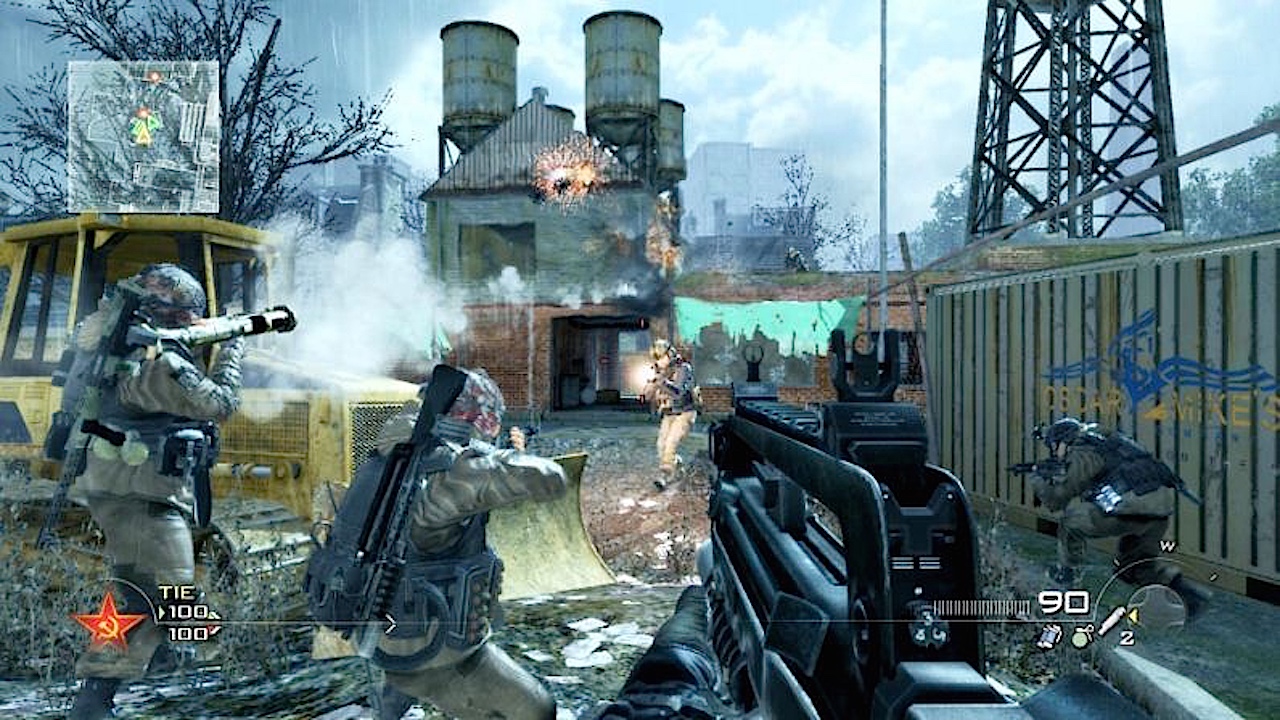
Supporters see - A rollicking good action franchise boasting outlandish setpieces aplenty. Blessed with grade-A production values, top quality multiplayer modes and some of the slickest shooting mechanics this side of a Halo ring, CoD is more than just some angry tween's playpen - it's a wildly entertaining slice of popcorn cinema served straight to your console. Sadly, COD's ever-present status and mammoth sales figures have turned it into a perfect target for the contrarian 'too cool to be popular' crowd. They claim the game never changes, when in fact it's really undergone all manner of tweaks and adjustments, the kind they'd probably notice if only they weren't too busy decrying the title to actually play it.
Detractors see - Unambitious, unrefined and iterated half to death, CoD represents the game of choice for the hulking 'dudebro' masses, the majority of whom couldn't spot a quality narrative if it knocked off their indoor shades before punching them square in the face. CoD is everything that's wrong with the modern gaming scene, from the scores of irate clichs screaming down their microphones, to the publisher's now seasonal exploitation of fans.
Let's settle it - Man with the Golden Gun-style duel to the death.
The Legend of Zelda: Majora's Mask
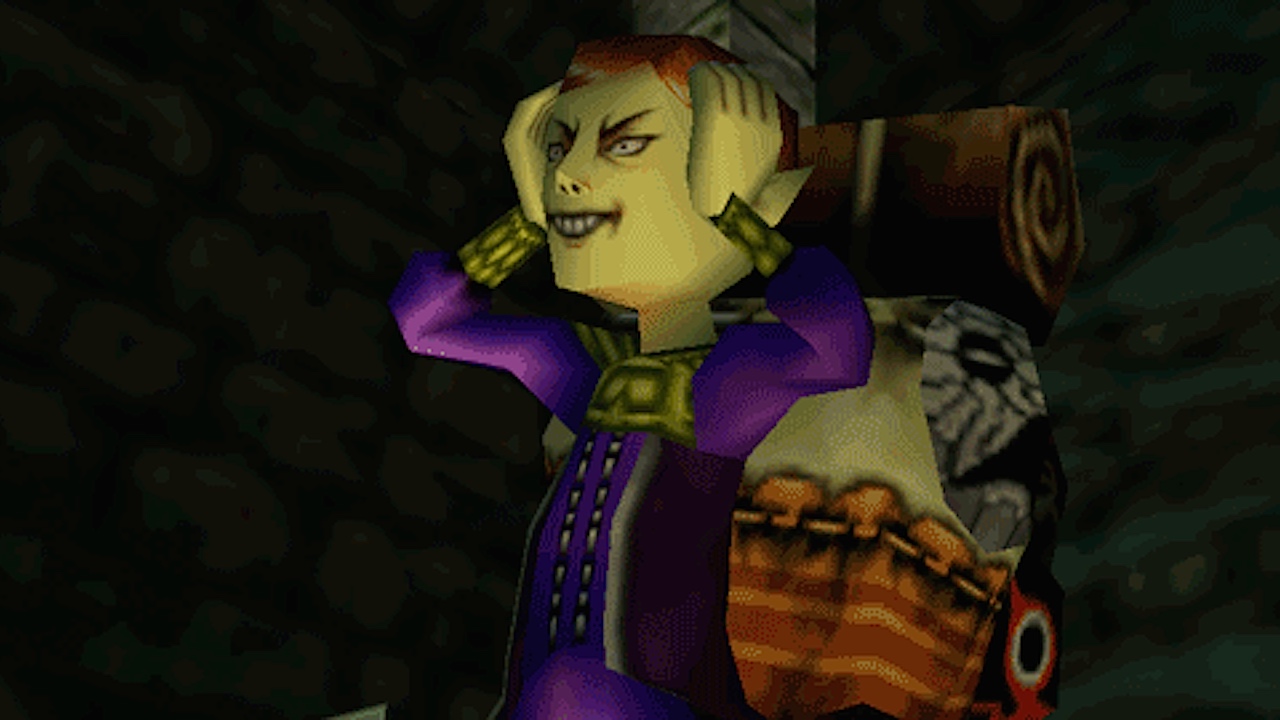
Supporters see - A darker, more mature interpretation of the classic Zelda mythos. Despite ringing the changes, Majora's Mask proves to be every bit as brilliant as its illustrious predecessor, buoyed up by an equally classic soundtrack, superior cast of characters, and a richer, more varied brand of gameplay. This may be a different breed of Zelda, but it's easily on par with the triumphs of Link's Awakening, Ocarina and co.
Detractors see - 'Errand Boy: The Video Game'. Majora's Mask opted to scuttle the series' dungeon-led formula in favour of an ongoing series of fetch quests and mini-games. It's also far more linear than previous entries, and a major step back from the greater accessibility and openness present in Ocarina.
Let's settle it - Run around a costume shop adopting the characteristics of every new mask worn. First to be thrown from the premises Jazzy Jeff-style is declared the winner.
Final Fantasy 13
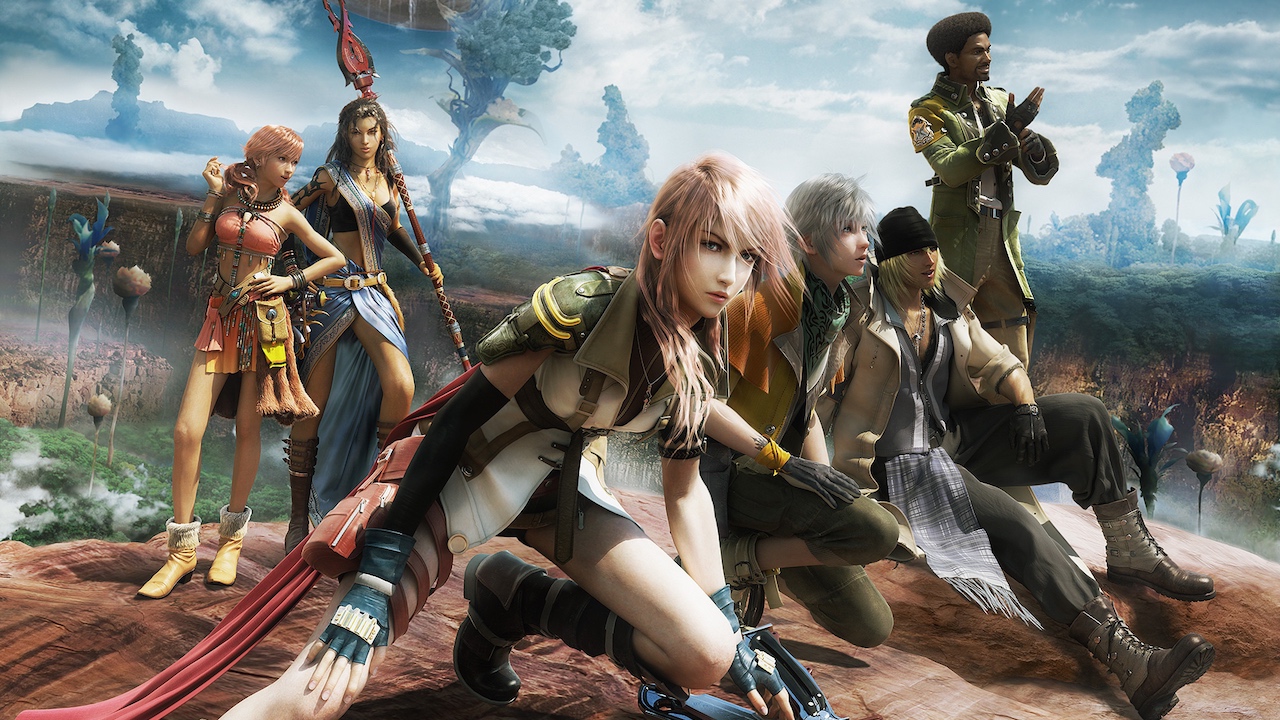
Supporters see - An exquisitely crafted, sharply streamlined, and altogether more focused addition to the recent Final Fantasy canon. It also bears mentioning that 13 looks absolutely stunning, sounds fabulous, and features a deep and malleable battle system. It's linear, yes, but who needs more tiresome fetch quests or perfunctory exploration - this is a franchise about battles, character and otherworldly atmosphere. FFX13 nails all three.
Detractors see - A sizeable step back for what was once a progressive and keenly ambitious franchise. Only the bare essentials remain. Combat, now far shallower and less thoughtful. Characters, largely clichd and unlikeable. A storyline bereft of any real scope or weight. Gone are the vibrant, explorable cityscapes, the unique and talkative NPCs, and any kind of challenge in combat. FFXIII is little more than one pretty corridor after the next, an on-rails RPG for the brainless masses.
Let's settle it - JRPG hair-teasing contest. First contestant to pass out from all of the hairspray fumes is declared the loser.



